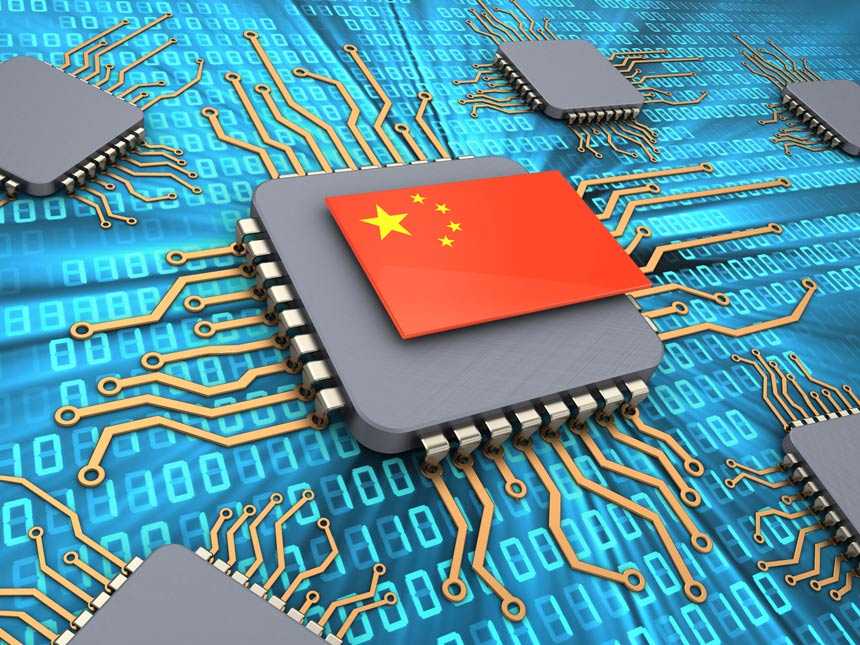

I had the pleasure of joining a panel at the U.S.-China Business Council’s Annual Membership Meeting to discuss China’s 14th Five-Year Plan. The following are some thoughts I shared on technology’s central role in the Plan and implications for businesses.
China’s 14th Five-Year Plan (2021-2025) highlights the belief that the domestic acquisition of core technologies is essential to China’s long-term economic, social, and national security objectives. The focus on indigenous innovation in its current form is not a new phenomenon; the concept’s roots can be found in China’s National Long-Term Plan for the Development of Science and Technology released in 2006. Since then, self-sufficiency technology initiatives have picked up steam, reflected through the concept of Strategic Emerging Industries (SEIs), the infamous industrial policy Made in China 2025, and a raft of industry specific development plans. The 14th Five-Year Plan (FYP) is therefore a continuation of Beijing’s larger drive for technology upgrading.
Indigenous Innovation
The 14th FYP outlines a set of “frontier technologies,” where Chinese officials are placing attention on realizing “breakthroughs.” It’s an extensive list of technologies recognized as foundational for tomorrow’s economy: artificial intelligence, chips, biotechnology, health sciences, quantum information. Their inclusion in the 14th FYP means China will devote increased R&D spending in these areas. More importantly, however, Beijing’s signposting of these technologies is a signal that they will enjoy even greater support and attention in China’s web of industrial strategies.
Dual Circulation
In tandem, China is accelerating its longstanding attempts to pivot its economy towards domestic economic drivers and away from exports under the “dual circulation” development strategy. Dual circulation, however, is not “decoupling.” In many ways, it’s the opposite: China is seeking to further embed companies and supply chains in the country, making foreign technology companies that China needs even more reliant on the Chinese market and Chinese supply chains. There is a long history to this thinking and strategy, but by placing it in the 14th FYP, the focus on longstanding domestic market objectives will only grow.
Consideration for Your Business
You can’t not be in China
Simply put, businesses cannot stay ahead of the global competition without being in China. This reality is likely to become more stark as China’s already dynamic technology market continues to grow. Companies that are not in the China market not only risk diminished revenues, but also may miss out on the competitiveness and innovative qualities of the market. Global companies, for example, are increasingly using the Chinese market to develop and pilot leading technologies and solutions that will reshape industries around the world.
In China, for China
China remains an especially welcome market to businesses that are aligned with China’s policy objectives, especially those willing to commit for the long term. Technology companies that support Beijing’s main industrial priorities, from supporting China’s approximately 50 million SMEs, to upgrading the efficiency of manufacturing, cleaning up the environment, or improving health outcomes will continue to find opportunities to not only help China, but make money along the way.
Patriotic policy purchasing
One of the key levers of China’s industrial strategy is to incentivize companies to purchase domestic products components to create the demand necessary to drive domestic innovation. In the current environment, the trade-off between using the “best” component sourced from a foreign company and a “good enough” domestic component is weighed down heavily by concerns over supply chain stability. Companies that are seen as a trusted provider amidst shifting global value chains may have a significant competitive advantage in working with their Chinese customers.
Avoid Policy Purgatory
Amidst growing geopolitical anxiety between China and the United States, companies need to know where and how their business intersects with China’s long-term goals and priorities. Above all, companies should remember that policy develops incrementally, meaning that businesses should not pivot unnecessarily with each announcement or news bulletin. Businesses should be smart about policy — but should avoid policy paralysis.


